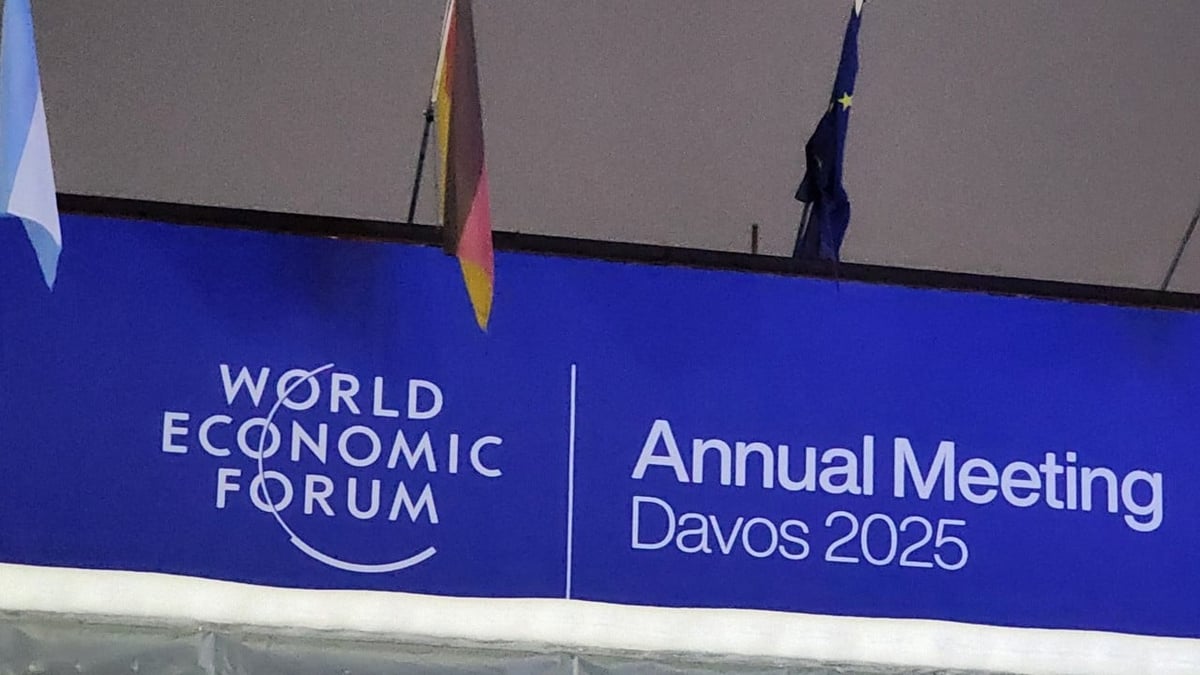As 2025 comes to a close and the world turns its attention to Davos 2026, I’m compelled to reflect on my observations from Davos 2025.
The conversations at Davos 2025 weren’t just about risks or trends — they were about the harsh realities leaders were facing.
Here were my six key takeaways from Davos 2025.
1. The trust crisis is real — and it’s a boardroom issue
Mis- and disinformation aren’t just a social media problem — it’s a reality eroding trust in institutions, influencing elections, and even shaking financial markets. As I learnt at the Edelman Trust Barometer morning briefing in Davos, younger generations now trust AI-generated content more than human experts — including their own doctors.
For boards, this means reputation management can’t be an afterthought. Every company needs a clear strategy to combat mis- and disinformation, invest in credible communication, and ensure they aren’t unknowingly amplifying false narratives. If trust is our currency, we can’t afford to lose it.
2. The global business playbook is being rewritten
The days of assuming global stability are over. The influence of BRICS nations is growing, significant economies are pulling in different directions, and supply chains are becoming political battlegrounds.
At Davos, the message was clear: we’re entering a ‘G-Zero’ world — one without clear global leadership. For companies, this isn’t just about risk, it’s about strategy. The most competent boards aren’t waiting to react — they’re rethinking where and how they do business before the next shock hits.
- Are you ready for a world where geopolitical shifts could reshape entire industries?
- Have you tested your supply chains for resilience?
3. Climate action: the market is moving with or without you
Yes, there’s political pushback on climate policy in some regions, and yes, some visitors to Davos acted as if climate issues were last year’s buzz. But let’s be clear: the transition to a low-carbon economy is happening. Whether governments act fast enough or not, the financial and operational risks of inaction are real. Boards that embed climate risk into financial planning will learn how to thrive in a quickly changing physical environment — while those that wait to react will play an expensive game of catch-up.
4. ESG needs a hard reset — less talk, more substance
Despite political noise, investors aren’t walking away from sound Environmental, Social, and Governance business practices. But they demand harder proof, better data, more apparent impact, and real integration into risk management and innovation — not just another corporate report. Boards that treat ESG as a compliance checkbox are losing credibility fast.
The lesson? It’s time to move toward boardroom intelligence that truly integrates sustainability into a competitive strategy. The conversation has shifted from broad commitments to performance-based sustainability:
- How is sustainability directly impacting financial performance?
- Where does sustainability create or destroy enterprise value?
- Can your company demonstrate measurable impact and resilience — not just report on it?
- Do you know your positive and negative externalities?
- What does circularity mean for your business?
5. AI is moving faster than governance — and that’s a problem
One topic that was discussed in almost all Davos sessions was AI. It is also an area where we’re all playing catch-up. The rapid advancements in deep learning and quantum computing are breathtaking — and, frankly, a little terrifying. Meanwhile, cyber threats and AI-driven misinformation are becoming some of the biggest risks companies face.
The reality? Treating AI governance as an afterthought will be your most costly mistake. AI governance must be at the top of every board’s agenda.
- Are you ensuring AI is used responsibly in your business?
- Do you have a strategy for protecting against deepfakes and cyber threats?
- Do you still train your critical thinking muscles? Or do you use your favourite AI bot to develop the answers you trust?
- Do you focus on energy security, data security, ethics and governance?
You can use the board AI readiness radar to assess your own board’s AI readiness and identify practical steps to improve its oversight and resilience in an AI-powered world.
6. The leadership mandate: curiosity, courage, clarity, and conviction
At the end of the day, all of this comes down to leadership.
If there’s one thing I took away from Davos, it’s that we need leaders who don’t just react to crises — they anticipate them. Leaders who don’t shy away from tough conversations. Leaders who don’t let short-term pressures cloud long-term vision.
The risks are complex. The stakes are high. The pressure is relentless. But the companies that will succeed aren’t the ones that play it safe — they’re the ones that lead with clarity, agility, and purpose.
Empower your board and directors with upskilling solutions that give them the insight they need to succeed.
Find out more


